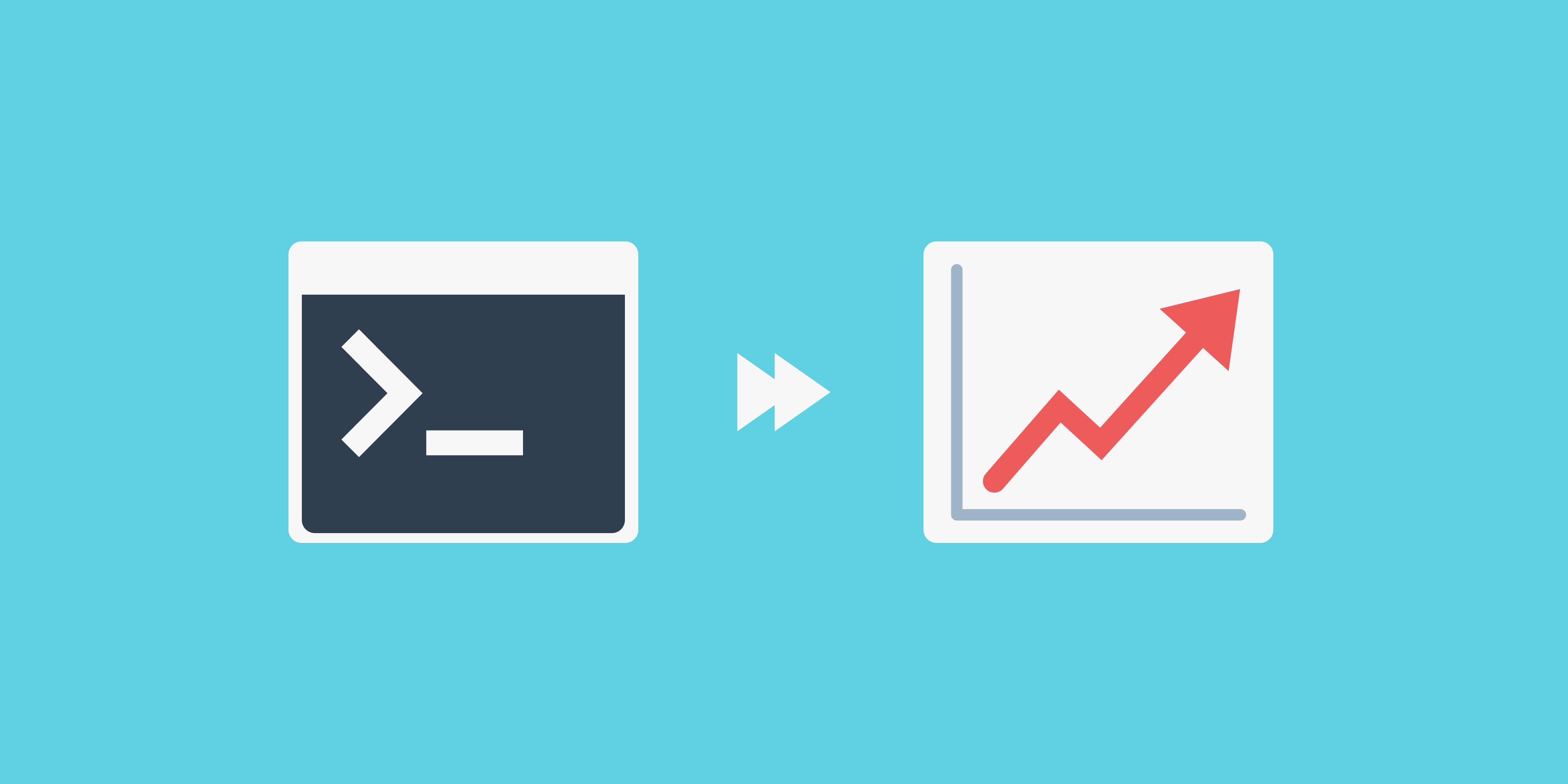
Moving from Software Development to Product Management
Moving from software development to product management is a leap that many developers consider. This move opens doors to new challenges and responsibilities while allowing to have broader impact on outcomes. It one of the transition I made I my life. Here’s why such a shift can be rewarding, the best approach to make this transition, and how to excel once you’re there.
Why Make the Move
As a developer, you play a critical role in bringing designs to life, focusing primarily on coding and technical solutions. Transitioning to product management broadens your impact. You can guide the direction of a product and ensure that it meets the market’s demands. It’s about moving from “how we build it” to “what and why we build.”
As a developer, you have deep understanding of the technical intricacies of product building. Leverage this technical knowledge to make informed decisions, foresee potential challenges, and bridge the gap between the technical team and other stakeholders.
If you seek new ways to grow and face different challenges. Product management offers a pathway to leadership, requiring a blend of technical understanding, strategic thinking, and customer-centric decision-making.
These are the main reasons why I want to become a product manager. As a developer and technical director, I was given product requirement documents that I didn’t agree with. However, my job was to build, not to define. So, I switched.
How to transform into a product manager
To get started nothing beat experience. But you will only get hired if you have experience. So build that slowly.
- Learn Continuously: Product management is a constant learning curve — from market trends to customer needs. Take advantage of resources like online courses and relevant books. Attend webinars and conferences to stay updated on trends and network with professionals.
- Gain Practical Experience: Engage in projects that allow you to take on product management roles, even informally. This could mean leading a small project, collaborating closely with the existing product management team, or proposing unpaid support to startups. This hands-on experience is invaluable.
- Build on Your Technical Strengths: Your technical expertise is a significant asset in this role. This allows you to understand the feasibility of projects quickly, communicate effectively with the development team.
- Build on Your Industry Expertise: You might not realise it, but you already know a lot of the use cases built into the software. You have been talking to product managers for a while in your industry. You know more than an outsider. Becoming a product manager in a known industry or sector make the transition easy. For me it was in the media and adtech space.
- Network Actively: Join active product management communities. These platforms offer learning and networking opportunities. You will gain insights into the role, and can be excellent sources for mentorship.
Excelling in the Product Management Role
Once you are in the shoes of a product manager, you need to excel at the job. Here are my advices:
What not How: Shift your mindset from finding technical solutions to identifying and solving user problems. Your role involves understanding what users need and why they need it, then guiding your team to deliver these solutions effectively. Not desining tecnical solutions.
Data-Driven Decision : Make decisions based on data rather than intuition. Analyze user feedback, market trends, and product analytics. This approach helps you prioritize features and also share your decisions with stakeholders.
Be a Communication Bridge: With your technical background, you’re uniquely positioned to translate between the dev team and other stakeholders, ensuring all parties are aligned. This involves clear communication, empathy, and a deep understanding of each group’s perspectives.
Adopt a Customer-Centric Approach: Your decisions should always prioritize user needs. Engage with customers and learn to perform customer discovery. You should ne the voice of the customer around the table.
Going from software development to product management was an exciting journey.
For me, the experience was about unlearning the habits I had acquired as a technical lead and starting to learn a new set of tools, approaches, and ways of thinking. It expanded my perspectives and taught me that I was capable of more than I thought.
It was not an easy road, but I was willing and curious to explore. The journey has been fulfilling beyond expectations.
Here are some to start your journey
(if you are based in in Paris or France)
Events to Meet and Learn:
- https://www.meetup.com/fr-FR/womeninproductparis/
- https://www.mindtheproduct.com/producttank/
- https://leanstartupxp.com/
Companies to follow:
- https://www.ideo.com/
- https://www.frog.co/
- https://octo.com/
- https://www.thiga.co/en/
- https://www.hubvisory.com/
To find opportunities:
To read:
- https://modestartup.com/ (bien sur 🙂